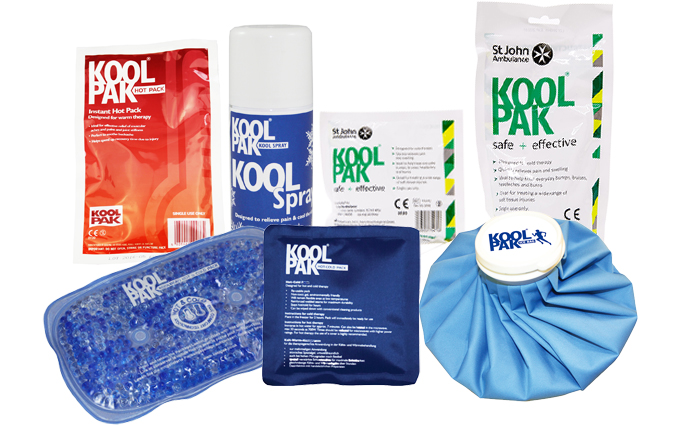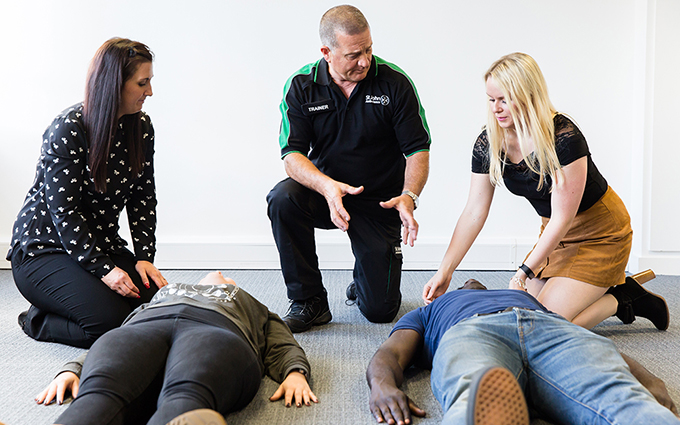Baby minor head injury:
- Hold an ice pack against their head.
- Assess their level of response with AVPU scale.
- If unresponsive or worried call 999/112
Baby severe head injury:
- Call 999/112.
- Monitor breathing, prepare to do CPR if necessary. Try not to move in case of spinal injury. Only move them if they are in danger.













